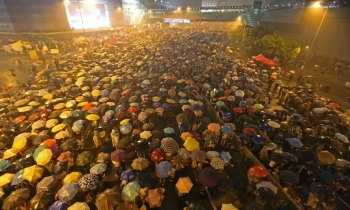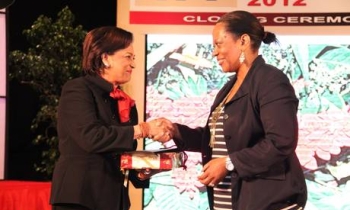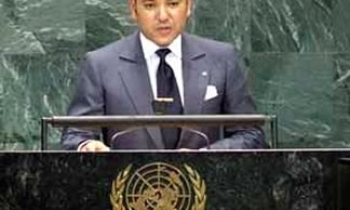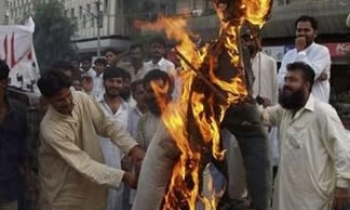HACKENSACK, N.J. - The state Supreme Court ruled Wednesday that news reporters waive their right to exercise the Shield Law - which protects confidential sources and information - when they share information with law enforcement investigating cases.
The court unanimously ruled that Andrew Glazer, a former Bergen County Record reporter, gave up his protection by talking to detectives from the Bergen County Prosecutor's Office about quoted material he received from Leonia Mayor Laurence Cherchi.
But the court also ruled that the Shield Law allows Glazer to only show his notes regarding a specific conversation with Cherchi when he's subpoenaed to testify in a separate libel case in civil court.
Tom Cafferty, a lawyer for the New Jersey Press Association, called the ruling a ''mixed decision,'' though he was pleased that it protects the state's Shield Law.
''There are kernels of good news, but we're not happy that a reporter would have to testify,'' he said.
Jennifer Borg, vice president and general counsel for North Jersey Media Group, which owns The Record, called the decision a victory. She emphasized that the newspaper ''never would have cut a deal to reveal a confidential source,'' but that newspapers often cut deals with prosecutors to authenticate facts in a story and authenticate facts while defending libel.
''We're pleased that the court upheld the case law in New Jersey further strengthening the Shield Law,'' she said. ''We're also pleased that the court held that waiver in this particular case is limited to the reporter's prior authentication of the facts in the story.''
The case centers on an article published on Dec. 28, 2004, in The Record that quoted Cherchi as saying he fired policeman Michael Venezia in January 2004 after learning that the officer had been convicted of an undisclosed crime. He and Councilman Arnold Trachtenberg were later accused of accessing the officer's sealed personnel files.
Cherchi later said he was misquoted in the Dec. 28 article. The Record stands by the story.
Ralph Lamparello, who represented Venezia in a libel lawsuit against Cherchi, Leonia and The Record, said he feels ''vindicated'' and plans to subpoena Glazer to testify within the next few months. He will seek the same information Glazer provided to the Prosecutor's Office, he said.
''He should have exercised that privilege,'' Lamparello said. ''Once he went outside his reporting, then it was no different than you and I having dinner and we're divulging sources.''
But Bruce Rosen, an attorney for Glazer, said Lamparello will have difficulty proving a libel case because his questions will be limited to what Glazer already told law enforcement.
''They can't ask what Andrew's state of mind was,'' Rosen said.
Glazer, who now works for The Associated Press in Los Angeles, declined to comment.
Some feared the case would whittle away at the state's 74-year-old Shield Law. The New Jersey Press Association, The Associated Press, The Star-Ledger, The Philadelphia Inquirer, The New York Times, The New York Post, ABC and Gannett Co. also joined the case, according to New Jersey Lawyer.
Bernard Bell, associate dean for academic affairs and faculty at the Rutgers School of Law in Newark, said the decision doesn't reduce the media's ability to protect themselves, ''but it does mean that it could make the relationship between reporter and prosecutors more difficult.''
''If you're a reporter and you want to maintain the privilege, you have to contest the subpoena,'' he said.
The case stems from ongoing political battles between Cherchi, a Democrat, and the Bergen County political establishment.
Cherchi contended that his predecessor, Paul Kaufman, a Democrat aligned with Democratic County Chairman Joseph Ferriero, had pushed the borough to consider Venezia for a job as a favor to his father, state Superior Court Judge Donald R. Venezia.
Kaufman appealed to Bergen County Prosecutor John Molinelli, a Ferriero ally who previously had worked for Kaufman's administration, to punish Cherchi and Trachtenberg after Michael Venezia was fired, Cherchi was quoted as saying.
Cherchi had initially refused to say why he fired Venezia, citing a confidentiality agreement. Trachtenberg and Cherchi were later indicted on charges that they abused their power by leaking information from the probationary police officer's confidential personnel file.
Trachtenberg resigned, while Cherchi entered a probation program and kept his job.









